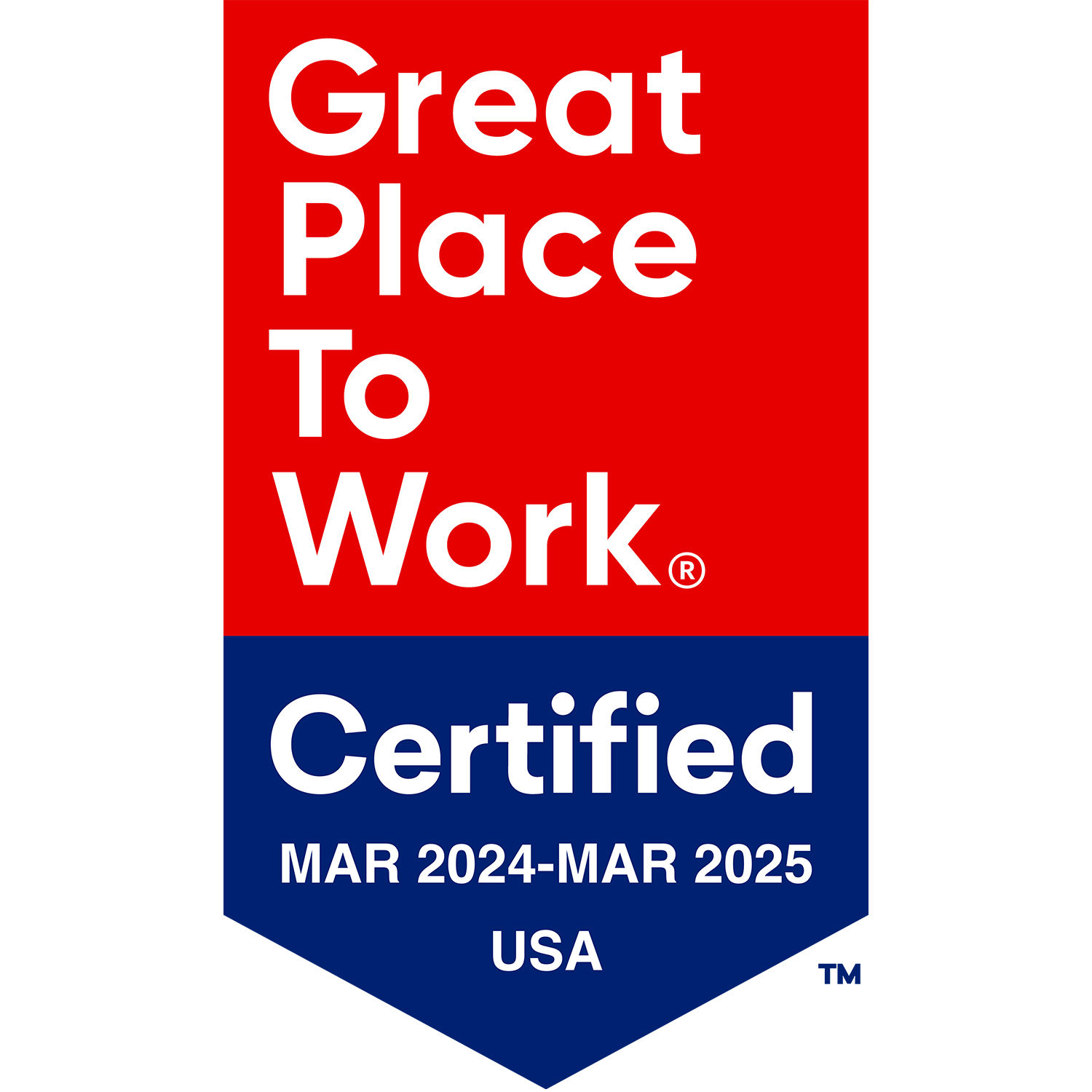By Rick Banas of BMA Management, Ltd.
 This month, we celebrate the 10th Birthday of the American Heart Association’s Go Red for Women campaign and tomorrow, Feb. 7, is the association’s National Wear Red Day.
This month, we celebrate the 10th Birthday of the American Heart Association’s Go Red for Women campaign and tomorrow, Feb. 7, is the association’s National Wear Red Day.
The goal of National Wear Red Day is to paint the nation red in support of Women’s Heart Health.
WHY?
Heart disease, according to the American Heart Association, is the #1 killer of women.
It kills more women than all other forms of cancer combined.
In addition to encouraging us to wear red, the American Heart Association is asking us to raise our voices to save lives. Talk to the women in your life about this serious issue. Encourage them to check into their cardiovascular risk and into the steps they can take to live longer and healthier lives.
All of us also should be familiar with the signs of a heart attack and what you should do in case of an attack.
Signs of a Heart Attack
Not all heart attacks are like what you see in the movies or on TV, where a person collapses after grabbing their chest. Yes, some heart attacks are sudden and intense. There is not any doubt about what is happening.
Most heart attacks, however, start slowly, with mild pain or discomfort, notes the American Heart Association.
Here are the signs that you may be having a heart attack, according to the association:
Uncomfortable pressure, squeezing, fullness or pain in the center of your chest that lasts more than a few minutes or that goes away and comes back.
Pain or discomfort in one or both arms, your back, neck, jaw or stomach.
Shortness of breath with or without discomfort or pain.
Breaking out in a cold sweat, nausea or lightheadedness.
As with men, chest pain or discomfort is the most common symptom for women.
Women are somewhat more likely to experience some of the other common symptoms, particularly shortness of breath, nausea, vomiting and back or jaw pain.
What To Do If You Suspect a Heart Attack
If you experience any of the signs of a heart attack, the American Heart Association says do not wait more than five minutes before calling for help. Call 9-1-1.
Here are the reasons why you should call 9-1-1 for help rather than calling a son, daughter, friend, neighbor or physician:
Emergency medical staff can begin treatment when they arrive at the scene.
They can treat you on your way to the hospital and prepare the hospital for your arrival.
They are trained to revive someone whose heart has stopped.
Patients with chest pain who arrive by ambulance usually receive faster treatment at the hospital.
Do not try driving yourself to a hospital unless you have absolutely no other option.
Here is what you should do if you encounter someone who is experiencing the symptoms of a heart attack:
Call 9-1-1 immediately, or ask someone else to call 9-1-1 if you are not able to make the call.
Be sure to let the operator know where you are located, especially if you are using a cell phone.
Wait for instructions from the operator.
If the person is an adult or teenager who has collapsed, begin administering Hands-Only CPR immediately after calling 9-1-1. Administering CPR can more than double a person’s chances for survival. Push hard and fast in the center of the chest to the beat of the classic disco song “Staying Alive.” The song has the right beat for Hands-Only CPR.
Here are a couple of heart association videos that can help:
What You Can Do to Reduce Your Risk
There are things you can do to improve the health of your heart and reduce your risk of a heart attack. Recommendations from the American Heart Association include the following:
Manage your blood pressure and blood sugar levels.
Control your cholesterol.
Lose weight if your Body Mass Index number is at unhealthy level.
Get at least 150 minutes of moderate physical activity a week. Physical activity has many other physical and mental health benefits in addition to helping your heart.
Eat a heart healthy diet.
If you smoke, stop. Programs are available to help you quit.
To help find out where you stand, the American Heart Association invites you to take a My Life Check assessment. It only takes about seven minutes of your time and costs you nothing. Just click here
All affordable assisted living communities managed by BMA Management, Ltd. are certified and surveyed by the Illinois Department of Healthcare and Family Services. All assisted living communities are licensed and surveyed by the Illinois Department of Public Health.
“BMA Management, Ltd. is the leading provider of assisted living in Illinois
and one of the 20 largest providers of assisted living in the United States.”
What are your thoughts? Leave a comment and let us know.




